A young woman is sparking a viral debate after sharing her decision to ask her sister for payment for babysitting—a move that has caused significant family tension.
The 29-year-old revealed on a social media post that she’s been watching her sister Lily’s two children for years. What began as occasional babysitting quickly grew into a much larger commitment, with Lily often dropping off her kids several times a week. She explained:
“She just tells me, ‘You’re free Friday night, right?’ or ‘I’m dropping the kids off in an hour."
The situation escalated when Lily asked her to babysit for an entire weekend so she could go on a trip with friends. Already having plans, the younger sister declined, prompting Lily to accuse her of being “selfish” and not understanding “how hard it is to be a single mom.”
In response, the 29-year-old decided to set a boundary: she would no longer babysit for free.
“I calmly told her that I love her and the kids, but I can’t keep babysitting for free whenever she wants. I suggested she look into hiring a sitter.”
The fallout was immediate. Lily was furious, and other family members joined the conflict. While some supported her decision, others accused her of being ungrateful and insisted that family should be able to rely on another without expecting a financial reward.
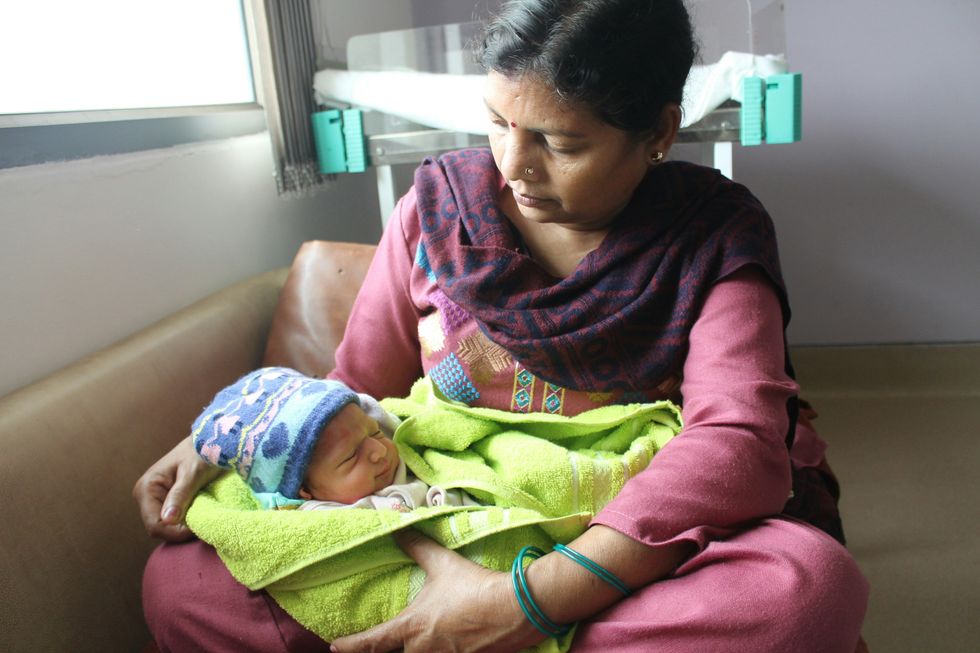
Online Reactions
The story struck a chord online, with many agreeing with the 29-year-old’s actions.
“Your sister is using you and emotionally abusing you,” wrote one commenter. “She has enlisted your relatives to join in her abuse. Putting up a boundary does not make you an a—hole, it just makes you feel like one at first.”
Others offered advice for dealing with the backlash:
“Include all the family against you in a group message and pass the buck onto them. If it matters so much to them, they can help provide childcare.”
However, not everyone saw the issue so clearly. Some argued that as a single mother, Lily might simply be overwhelmed and relying on her sister out of genuine necessity. One commenter noted:
“Sometimes you have to put family first, even when it’s inconvenient."
Pretty much the overwhelming sentiment, though, was that Lily had basically overstepped her boundaries.
“You are not a parent. It’s okay for you to set boundaries on helping out.”
Broader Implications
The debate also raised larger questions about family dynamics and unpaid labor, particularly for child-free relatives who may feel an unspoken obligation to help.
As one user put it:
“This narrative where people with kids feel entitled to more in life than those without is getting old.”
Lessons in Boundaries
The young woman shared her conflicted feelings, explaining that she loves her niece and nephew but needs to prioritize her own life and responsibilities.
She wrote:
“I feel bad because I know Lily is struggling, but I also feel like I’m being used.”
Her story is a reminder that setting boundaries are necessary to have healthy relationships, even with family members. Another commenter observed:
“You feel like you’re being used because you ARE being used. Setting boundaries doesn’t make you selfish—it makes you sane.”
The 29-year-old’s experience underscores an important lesson that sometimes it’s okay to say no when saying yes comes at the price of your well-being.





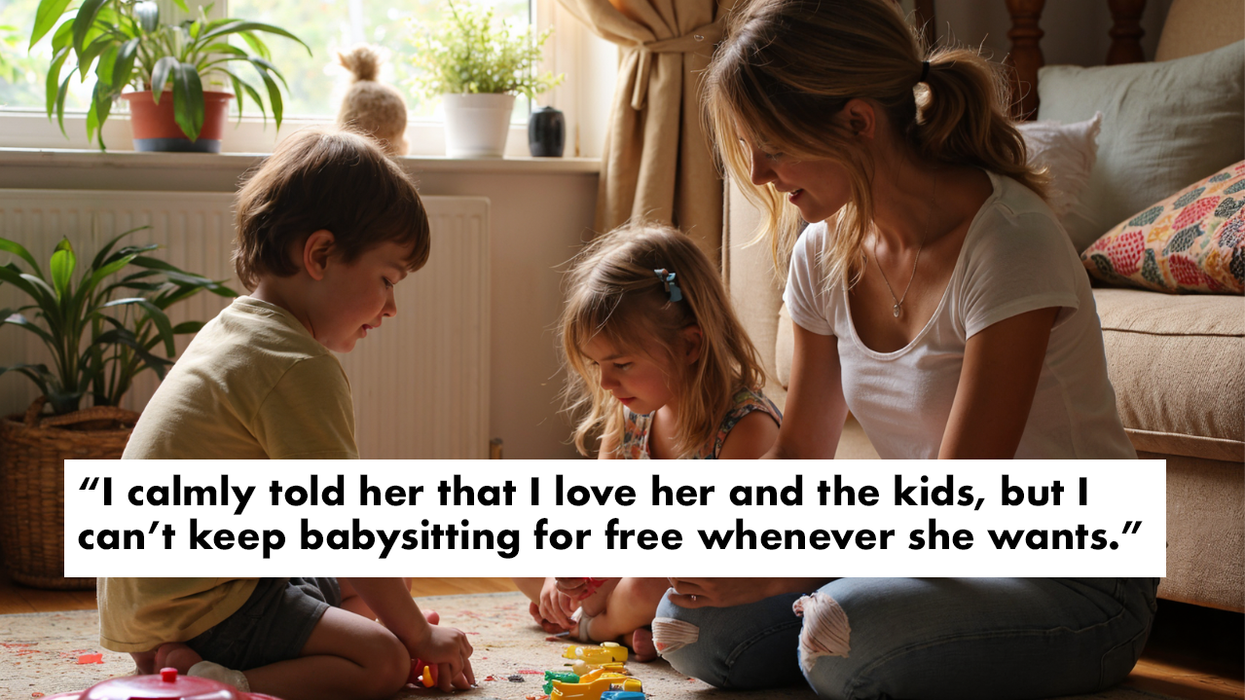






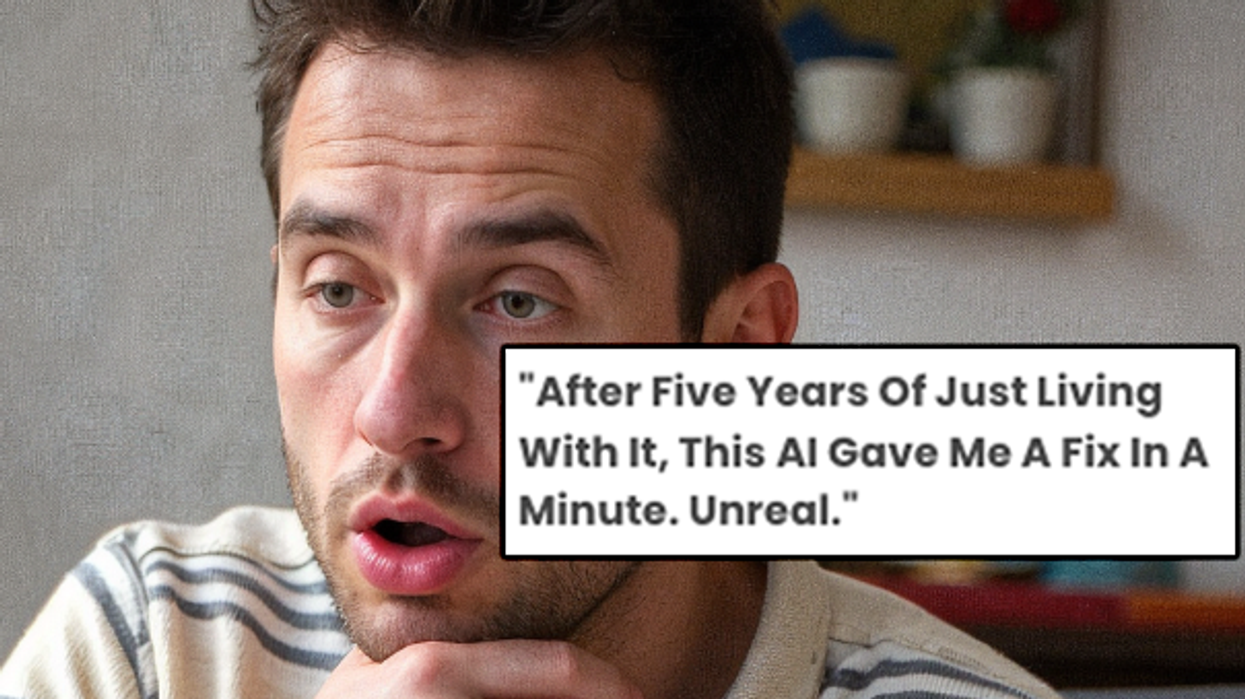



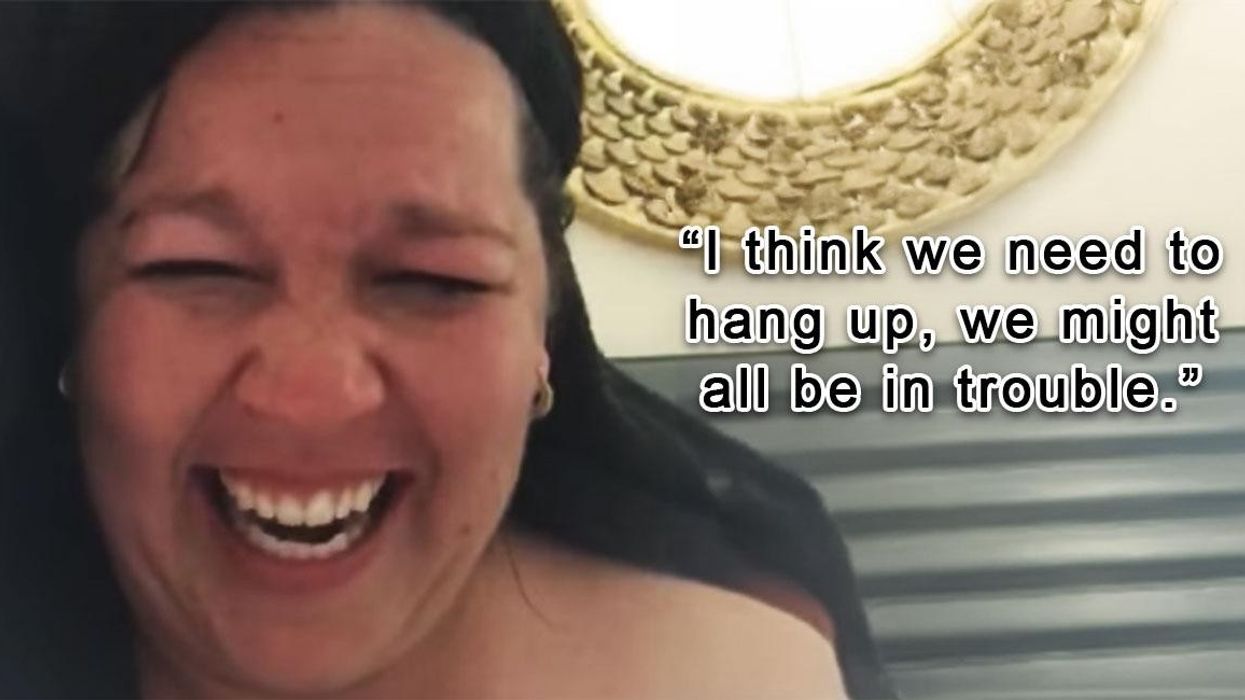








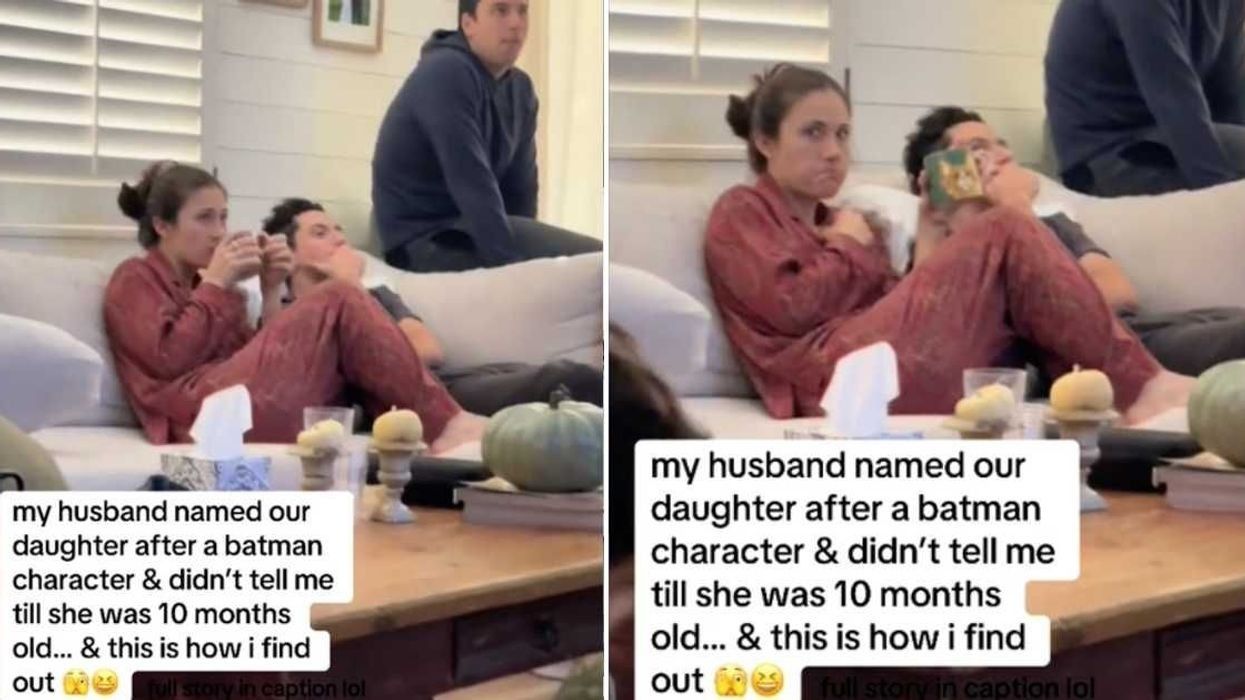



 Megan didn't get the dance she thought she would, but got something better instead.
Megan didn't get the dance she thought she would, but got something better instead.